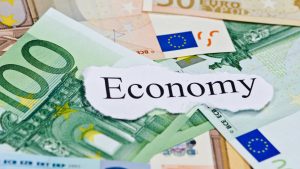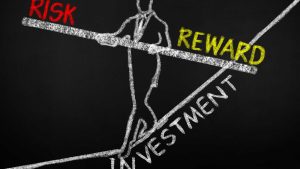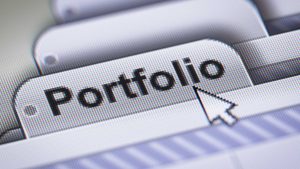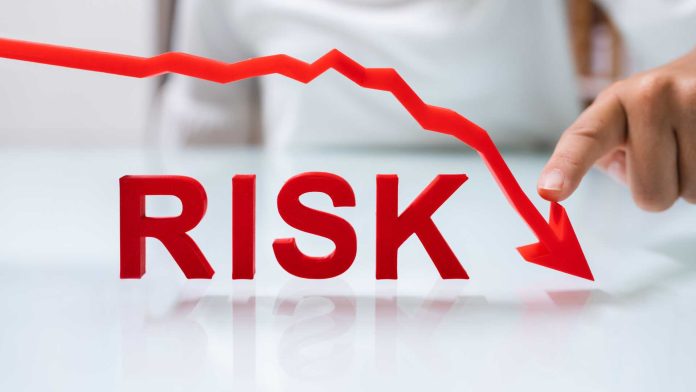Table of Contents
The UK’s economy is in seemingly poor shape at the present moment, as numerous crises coalesce to form something of a ‘winter of discontent’ for businesses and workers alike. This discontent is culminating in a period of recession, as consumer spending continues to fall, and businesses respond in kind.
How to Protect your Portfolio From Investment Risk

Investors are understandably concerned about the current movements of markets and industries, with risk higher than ever to portfolios and funds of every stripe. But what exactly is happening to the economy, and how might this have a corresponding impact on the safety of investments? Further, what can you as an investor do to mitigate the impact of an economic downturn, and protect the value of your portfolio?
The Shrinking Economy

The UK faces the longest recession in its history, as economics experts forecast over a year of negative GDP growth. The reasons for this forecast are manifold, as international factors meet growing your business domestic issues to create a perfect storm for both consumers and businesses.
The UK’s withdrawal from the EU and Single Market has created significant barriers to trade for many businesses, as administrative red tape frustrates import and export efforts while the cost of imported goods themselves rises. Russia’s invasion of Ukraine has placed additional pressure on imports, in particular energy, playing a small part in the significant hikes in energy bills to both domestic and commercial premises.
Indeed, the high CPI (Consumer Price Index) describes wider hardship amongst households, with stagnant wages leading to real terms pay cuts of up to 11%, and decreased spending power. Altogether, these factors have created a hostile environment for growth and made it harder for businesses to operate.
Direct Risks to Investment

But what does this mean for investors? Typically, shrinking economies lead to shrinking businesses. Overall, stock prices will fall in line with falling profits and increased instances of news regarding industry-specific issues. As businesses pivot to survive the downturn, stock prices remain diminished until the markets recover. Ultimately, this means investors can expect the value of their investment portfolios to shrink if nothing is done.
Protecting Your Portfolio

Investment portfolios should not be passive instruments in economic times such as these. Active investment management enables you to react to potential market movements and better serve the short-term protection of your portfolio’s value. For the smarter investor, this might include hedging against the success of the best businesses, and profiting from price decline.
But conversely, there is an argument to be made for ‘going long’ with your investments, particularly if they are part of an ETF (Exchange-Traded Fund) or wider fund program with an investment organization. These funds track wider market movements and are largely immune to individual insolvencies. They will also track the inevitable upswing after the recessive period is over. While this may be some time off, the eventual rise will likely compensate for the lull – and provide a golden opportunity to invest further for maximal short-term gains too.

